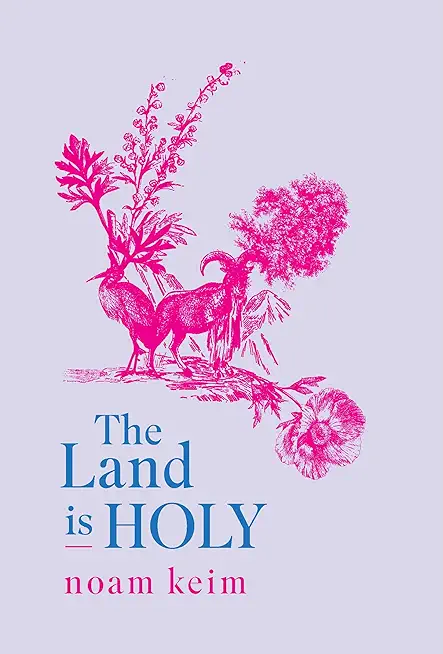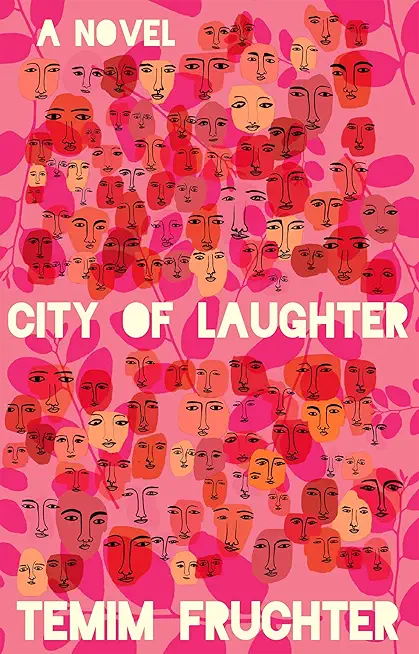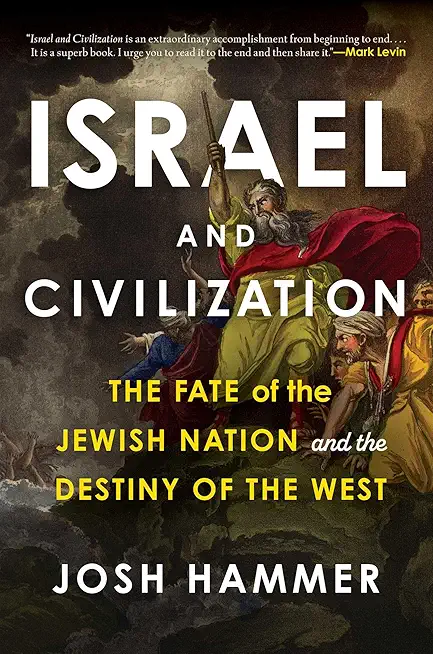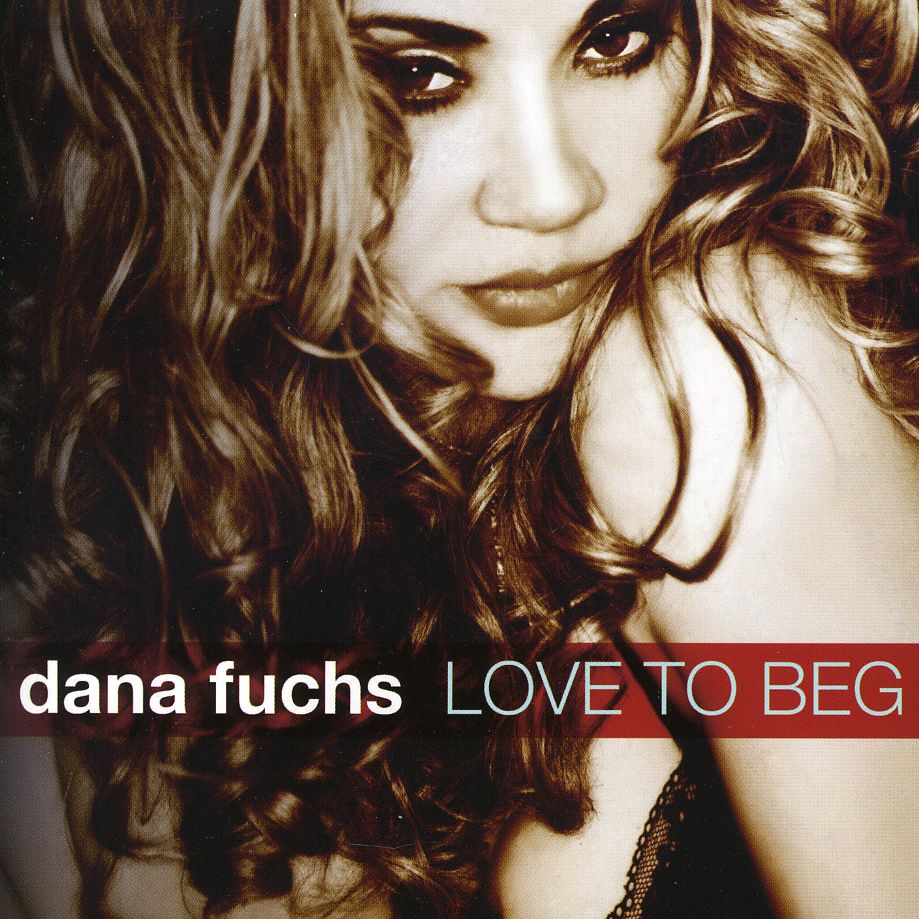
description
3FLORA AND FAUNA POPULATE THE LYRICAL ESSAYS IN THIS DEBUT NONFICTION COLLECTION.
"I don't think you ever move on from leaving a life behind." Flora and fauna populate the lyrical essays in The Land is Holy, where natural life is used to glean respite, healing, and stubborn lessons on survival. Home has meant many different things to noam keim. Born a Queer Arab Jew in a settler family in Occupied Palestine, raised in the cobblestone streets of Mulhouse, France; a lifetime of escape across Europe, the foothills of Himalayas in Nepal, Bangkok, and then the makings of a chosen family on Occupied Lenape Land, known as Philadelphia. Through it all, the memory of one's homes, the persistence of kin persecuted across timelines, their complicity in settler colonialism, and a dogged disavowal of inherited trauma. In this staunchly anti-zionist and abolitionist project, the author considers the wounds of diaspora ache by turning to the fierce primal inhabitants of their lineage for answers. The stork in cyclical rotation, the bitter shiba, the prickly sweet Sabra, the blooming Lindens form larger-than-life metaphors in these essays. Surviving through violent crises and cruel political turns of hand, they are the salve to a world that can be possible with nurture. keim writes, "I want to believe that we carry, in our bodies and bones and blood, the particles of the leaves and flowers that saw our lineages past. Kin." And in turn they urge us to find kinship with the world that wants us alive and buoyant.
"I don't think you ever move on from leaving a life behind." Flora and fauna populate the lyrical essays in The Land is Holy, where natural life is used to glean respite, healing, and stubborn lessons on survival. Home has meant many different things to noam keim. Born a Queer Arab Jew in a settler family in Occupied Palestine, raised in the cobblestone streets of Mulhouse, France; a lifetime of escape across Europe, the foothills of Himalayas in Nepal, Bangkok, and then the makings of a chosen family on Occupied Lenape Land, known as Philadelphia. Through it all, the memory of one's homes, the persistence of kin persecuted across timelines, their complicity in settler colonialism, and a dogged disavowal of inherited trauma. In this staunchly anti-zionist and abolitionist project, the author considers the wounds of diaspora ache by turning to the fierce primal inhabitants of their lineage for answers. The stork in cyclical rotation, the bitter shiba, the prickly sweet Sabra, the blooming Lindens form larger-than-life metaphors in these essays. Surviving through violent crises and cruel political turns of hand, they are the salve to a world that can be possible with nurture. keim writes, "I want to believe that we carry, in our bodies and bones and blood, the particles of the leaves and flowers that saw our lineages past. Kin." And in turn they urge us to find kinship with the world that wants us alive and buoyant.
member goods
No member items were found under this heading.
listens & views

FROM BOURBON STREET TO PARADISE ...
by FROM BOURBON STREET TO PARADISE / VARIOUS
COMPACT DISCout of stock
$14.50
Return Policy
All sales are final
Shipping
No special shipping considerations available.
Shipping fees determined at checkout.






